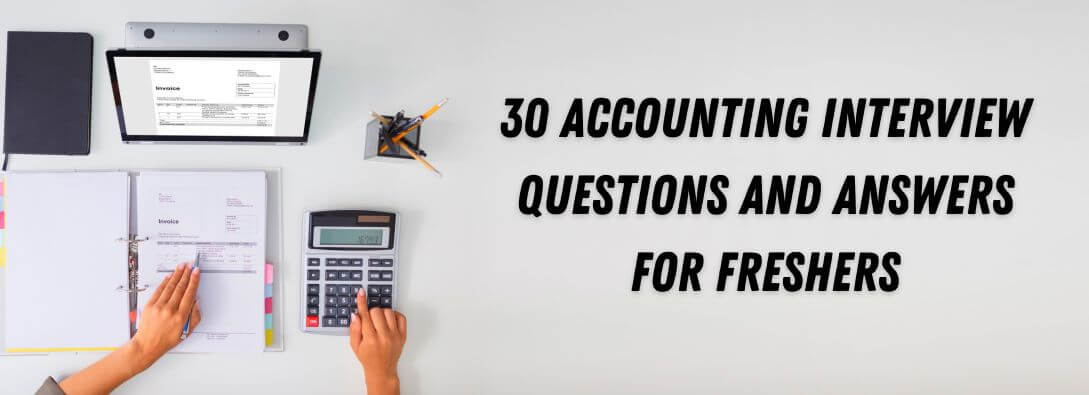
Answering the Interview Question: “Why do you want to leave your job?”

Everything good or bad that has a start also has an end, and the same goes for your employment. You joined your company, spent a good time there, learned a lot of new things, and now it’s time to move on! This situation comes in the life of every professional where he/she has to take the decision of taking a new and better opportunity. Before you accept any job offer, the one question that will always be asked by your prospective employer or even the HR or seniors from your current company, that is – “Why do you want to leave your job?”
Remember, you should reply to this question in a very professional manner and make your current and future bosses completely understand your reason for leaving the job. You need to be diplomatic while replying to this question as you don’t want to sound negative. You must be leaving the job for a reason, cite that reason honestly and never badmouth your existing employer. Focus on what you to look forward to and not why you are leaving the company. To have a clearer idea of what this means, here are some of the genuine reasons you can give your employer or hiring manager stating why you are searching for a new job.
Also Read - An Exit Interview With Your Employees: Why And How To Go About It?
1. Another Company Offered You a Better Opportunity
It is not a herculean task for your existing employer to understand that you have got a better opportunity than what you were currently working for. Just frame your sentences in a professional way and say –
“I have been offered a good opportunity by another company, which I liked and accepted.”
You don’t need to list the reasons why you are leaving your job. No need to mention details such as the hike you have got or the position you have been offered.
2. You Wanted to Get Promoted
This is one of the most common reasons professionals cite while answering “Why do you want to leave your job?” question, to their current employer or even the prospective employer. But just don’t say the exact line even if you feel like saying this. Come up with a professional statement like -
“I like new challenges in my career and I was feeling too comfortable in my existing role, this is why I decided to look for a position where I can continue to grow.”
Give a positive spin to your thought and see how well it works.
3. You Just Don’t Like Your Job
There may be instances when you feel that your job is crappy and you started looking out for some other position, making this the main reason for leaving current job. But as of now, you must have understood that you can’t be so blunt. Learn to convey your message in a diplomatic and positive manner. You can say something like –
“I was very excited initially to work for a company of such repute, but it didn’t take me long to realize that I wasn’t a good fit for the job I was working for. Since then I’ve been seeking a role which I can fit into and perform well.”
See how positively you can convey your thoughts to your supervisor or the hiring manager. You should convey that you are not happy with the job you are working, without burning bridges with the employer.
4. A Bad Work Environment
Bad managers and peers often lead to a poisonous work environment where mutual understanding, respect towards co-workers and team play take a back seat, and politics take the front seat. For many, survival is impossible in such an environment. However, if you have planned to leave your job because of this, it is advisable that you must convey this to your HR or somebody senior so that the rest don’t have to suffer. You can say –
“After working here, I never felt that my career can advance as I hoped it would. My boss wasn’t very supportive compared to my previous bosses and my colleagues also felt the same. I decided to take this step and leave the company to find a better work environment where I can work under a great leadership and grow with the company.”
This way, you can easily convey your reasons to leave the job without badmouthing your boss.
Also Read - Tips to Promote Effective Teamwork in the Workplace
In A Nutshell
So with the help of these simple, yet smartly drafted answers to the question “Why do you want to leave your job?”, you can avoid the common mistakes that professional often make while leaving the company or joining a new company. Take some cues from the tips shared in this article and turn the focus of the conversation back to your new job.
Image Reference - Pixabay



